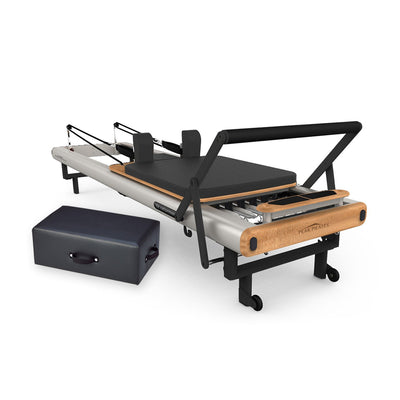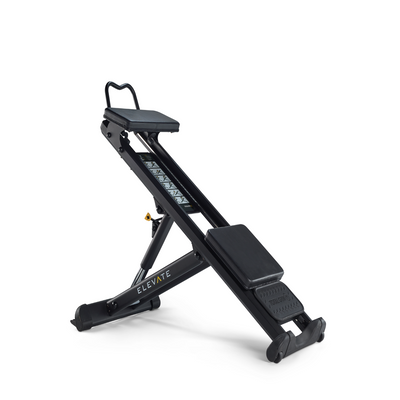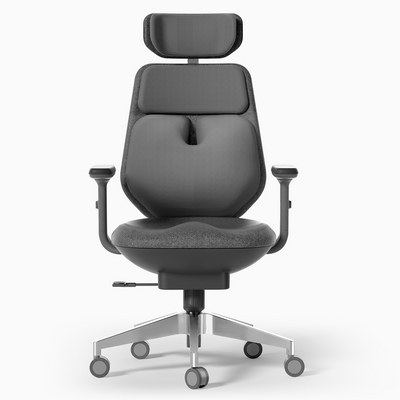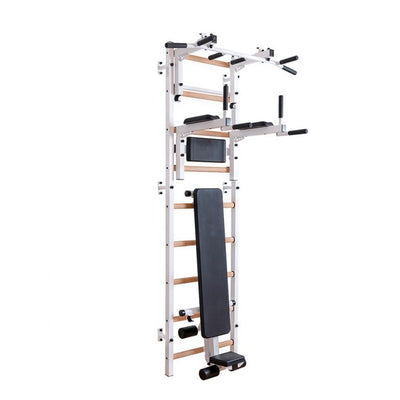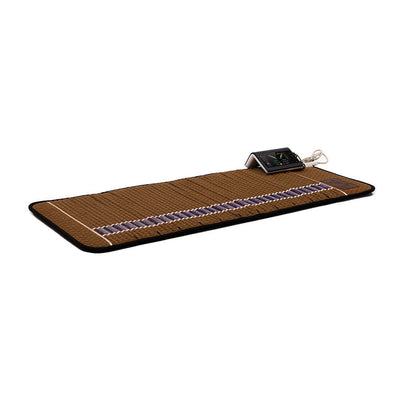
Do You Lose Heat or Steam When the Sauna Door Opens?
Do You Lose Heat or Steam When the Door Sauna Opens?
Introduction
Saunas have been an integral part of numerous cultures worldwide. Their allure lies in their ability to provide relaxation, alleviate stress, and even offer health benefits. But, there's one question that often stirs the mind of every sauna enthusiast: Do you lose heat or steam from the sauna when the door opens? This article intends to shine a light on this age-old query, breaking down the science and sharing some insider insights.
The History of Saunas
Origins and Evolution
From ancient Roman bathhouses to Nordic wooden rooms, saunas have taken on various forms throughout history. Initially, they served as communal places for warmth and cleansing. Over time, with technological advancements and cultural shifts, saunas have evolved into luxury wellness centers found in spas and homes.
Cultural Significance
In countries like Finland, saunas are more than just a relaxation spot—they're a cultural institution. Traditionally, important decisions were discussed, and social bonds were formed within these steamy confines. Saunas were seen as a purification ritual, symbolizing rebirth and renewal.
The Science Behind Sauna Heat and Steam
How Saunas Produce Heat
Modern saunas typically use electric heaters or wood-fired stoves to produce heat. These heat sources raise the temperature of the room, creating a warm environment. The heat warms up the air and the wooden surfaces, creating an ambient temperature ideal for relaxation.
The Role of Steam
Steam plays a vital role in enhancing the sauna experience. When water is thrown onto the heated stones of the sauna stove, it produces steam, increasing the humidity level inside. This increased humidity can make the air feel warmer than it actually is, amplifying the effects of the sauna.
Do you lose heat or steam from the sauna when the door opens?
Factors Affecting Heat Loss
Opening the sauna door inevitably leads to some loss of heat and steam. However, the amount lost depends on various factors:
-
Duration the Door is Open: A quick peek won't drastically affect the temperature, but longer durations can.
-
Outside Temperature: On colder days, more heat can escape compared to warmer days.
-
Sauna Size: Smaller saunas might lose heat more rapidly than larger ones.
Myths and Misconceptions
A prevalent myth is that opening the door ruins the sauna experience entirely. While heat and steam escape, modern saunas can recover relatively quickly. So, while it's best to keep the door shut as much as possible, an occasional opening won't spell disaster.
Improving Sauna Efficiency
Sealing the Door
To prevent excessive heat loss, ensure that the sauna door is sealed properly. Any gaps can lead to unnecessary heat escape, making your sauna less efficient.
Regulating Temperature
Regularly monitoring the sauna's temperature can help in maintaining the desired warmth. If you notice a dip after opening the door, adjust the heater accordingly.
Personal Sauna Experiences
First Time in a Sauna
Every sauna enthusiast can recall their first experience—the enveloping warmth, the aromatic steam, and the instant relaxation. It's a sensory experience that, for many, becomes a lifelong love.
Common Mistakes
It's easy to make mistakes during early sauna sessions, like staying in too long or not drinking enough water. Over time, with experience, one learns the nuances of enjoying a sauna to its fullest.
The Future of Saunas
Technological Advancements
Sauna technology is ever-evolving. From infrared saunas that use light to create heat to smart saunas controlled via apps, the future is promising.
The Sustainability Angle
The sauna industry is also moving towards sustainability, with innovations focused on energy efficiency and eco-friendly materials.
Conclusion
The question, "Do you lose heat or steam from the sauna when the door opens?" is a valid concern for sauna enthusiasts. While there's an inevitable loss, understanding the science behind it and taking preventive measures can help maximize your sauna experience. Embracing the past, present, and future of saunas, one can truly appreciate their unique blend of relaxation and tradition.
FAQs
Do saunas use a lot of electricity? Most electric saunas are designed to be energy-efficient, but the exact consumption varies based on the model and usage.
Is steam or dry sauna better? Both have their benefits. While steam saunas provide more humidity and can be beneficial for respiratory issues, dry saunas offer intense heat that many find therapeutic.
How long should you stay in a sauna? While it varies for individuals, most experts recommend 15-20 minutes, followed by a cool-down period.
Can saunas help with weight loss? While saunas can lead to temporary weight loss due to sweating, they shouldn't be relied upon as a primary weight loss method.
How often should one take a sauna? It's a matter of personal preference. Some people enjoy daily sessions, while others opt for once a week. Always listen to your body.
Are saunas safe for everyone? Most people can enjoy saunas safely. However, those with certain medical conditions or pregnant women should consult their doctors before using a sauna.
« Back to Sauna Blog



